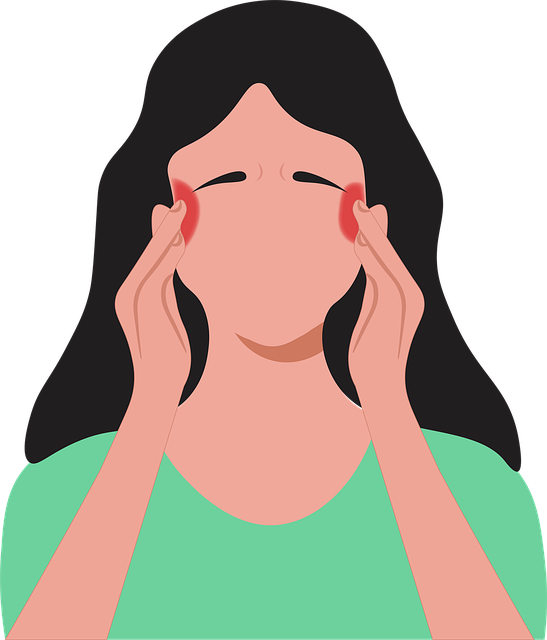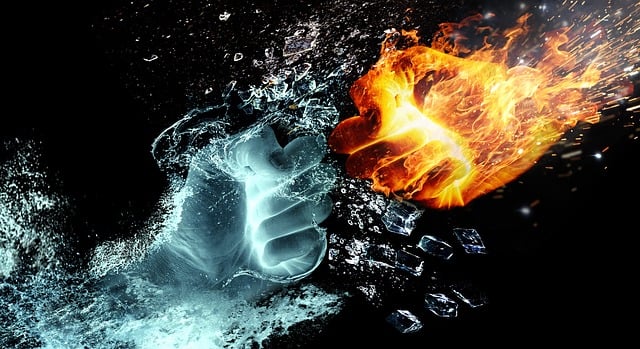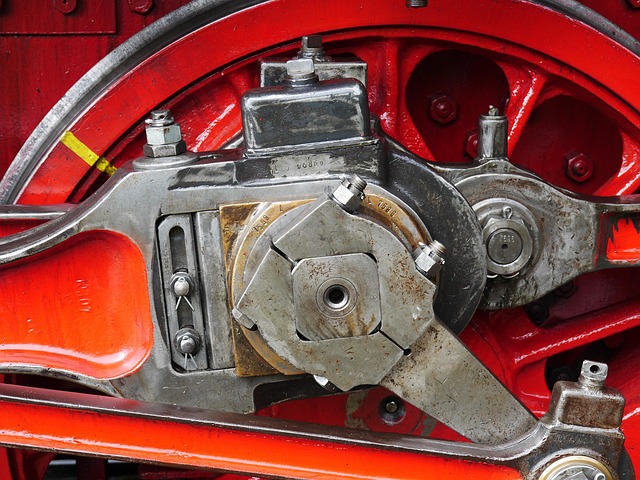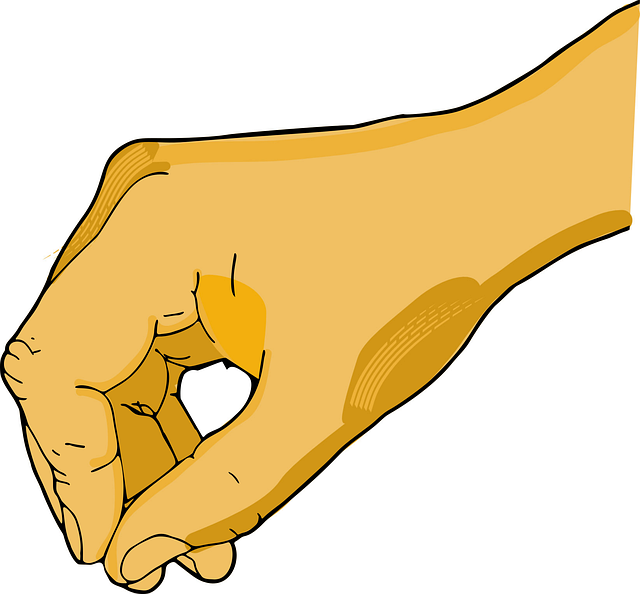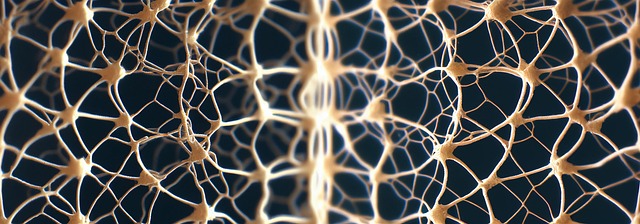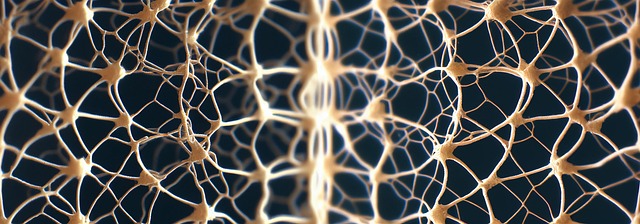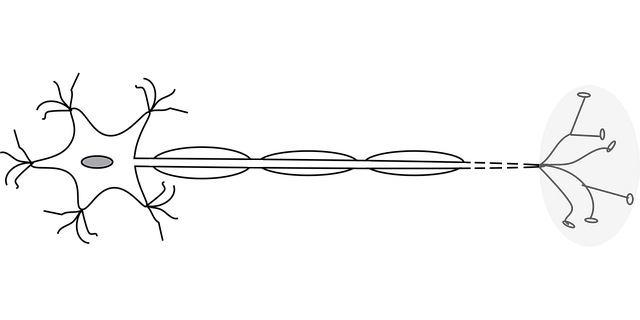Recognizing nerve compression symptoms post-accident is crucial for chiropractic care of pinched nerves after a crash. These include sharp pain, numbness, tingling, weakness, and reduced sensation radiating to adjacent areas. Untreated pinched nerves risk chronic pain and mobility issues. Chiropractors specialize in treating pinched nerves by conducting thorough examinations including x-rays and assessing range of motion. They employ techniques like manual adjustments, exercises, and therapeutic modalities to reduce inflammation and relieve pressure on nerves for effective treatment. Regular check-ups ensure long-term relief for pinched nerves after a crash.
After a motor vehicle accident, recognizing pinched nerve symptoms is crucial. Many survivors experience pain, numbness, or tingling—signs of nerve compression. This article guides you through identifying common post-accident symptoms and understanding the role of a chiropractor in uncovering causes. Learn how a professional assessment can help diagnose issues like herniated discs or spinal misalignments, leading to effective treatment options for relief, including chiropractic adjustments and other therapeutic approaches.
- Recognizing Common Nerve Compression Symptoms Post-Accident
- Chiropractor Assessment: Uncovering Pinched Nerve Causes After a Crash
- Effective Treatment Options for Relief Following a Motor Vehicle Accident
Recognizing Common Nerve Compression Symptoms Post-Accident
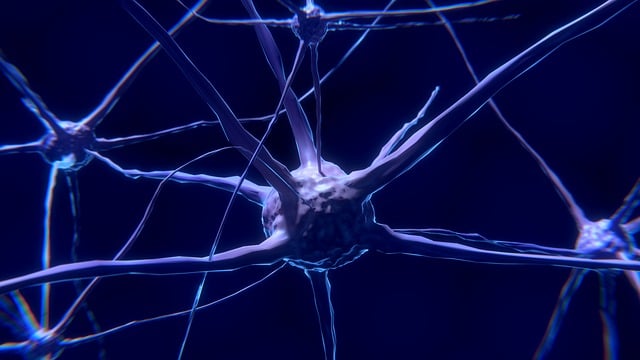
Recognizing common nerve compression symptoms post-accident is crucial, especially when considering a trip to the chiropractor for treatment of pinched nerves after a crash. Symptoms can vary but often include sharp pain, numbness, and tingling sensations in the affected area. These might radiate to adjacent limbs or parts of the body, making it hard to pinpoint the exact source. Other signs could be weakness in muscles or a reduced sensation of touch.
Many people experience these symptoms immediately after an accident, but they can also develop gradually over time as inflammation and swelling set in. If left untreated, pinched nerves can lead to chronic pain and mobility issues. Therefore, it’s important to seek professional help, especially from a chiropractor, who can provide effective treatment for pinched nerves after a crash.
Chiropractor Assessment: Uncovering Pinched Nerve Causes After a Crash

After an accident, experiencing pain or numbness in your extremities could be signs of a pinched nerve, also known as a compressed nerve. This is a common issue that chiropractors are trained to diagnose and treat effectively. During your initial consultation, the chiropractor will conduct a thorough examination, which may include x-rays and other diagnostic tools. They will assess your range of motion, look for tender points, and ask about specific symptoms you’re experiencing.
The goal is to uncover the underlying cause of your pinched nerve, which often results from soft tissue damage or bone misalignments caused by the impact during the crash. Once identified, chiropractors employ various treatment techniques tailored to your condition. This may include manual adjustments, targeted exercises, and therapeutic modalities to reduce inflammation, alleviate pressure on the affected nerves, and promote healing.
Effective Treatment Options for Relief Following a Motor Vehicle Accident

After a motor vehicle accident, experiencing pain and discomfort due to pinched nerves can be quite common. Effective treatment options are available to provide relief, one of which is seeking professional help from a chiropractor. Chiropractic care offers a non-invasive approach to managing nerve compression by focusing on the manipulation and adjustment of the spine. This technique aims to restore proper alignment and improve nerve function, thereby alleviating pain and enhancing overall mobility.
Chiropractors often incorporate various treatment modalities, including specialized adjustments, therapeutic exercises, and recommendations for lifestyle changes. They may also suggest physical therapy or other complementary treatments to target specific symptoms. The goal is to address the underlying cause of pinched nerves and promote faster healing. Additionally, regular check-ups with a chiropractor can help monitor progress and ensure long-term relief after an accident.
After an accident, understanding pinched nerve symptoms and seeking timely treatment from a chiropractor can significantly aid in recovery. Recognizing common compression signs early on is crucial, as prompt action can prevent long-term damage. With the right care, many individuals find relief from pain and improved mobility. For effective solutions, consulting a chiropractor for specialized assessment and tailored treatment options, such as manual therapy or lifestyle adjustments, is recommended to address pinched nerves after a crash.




